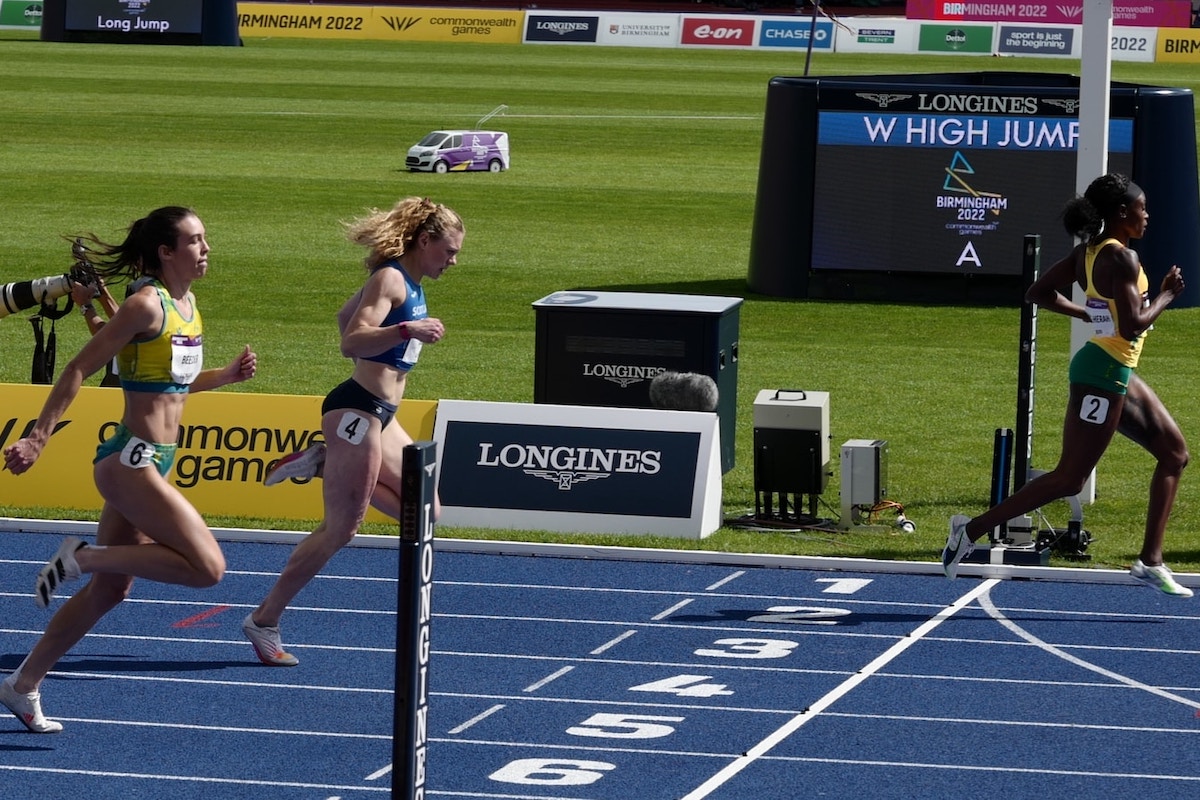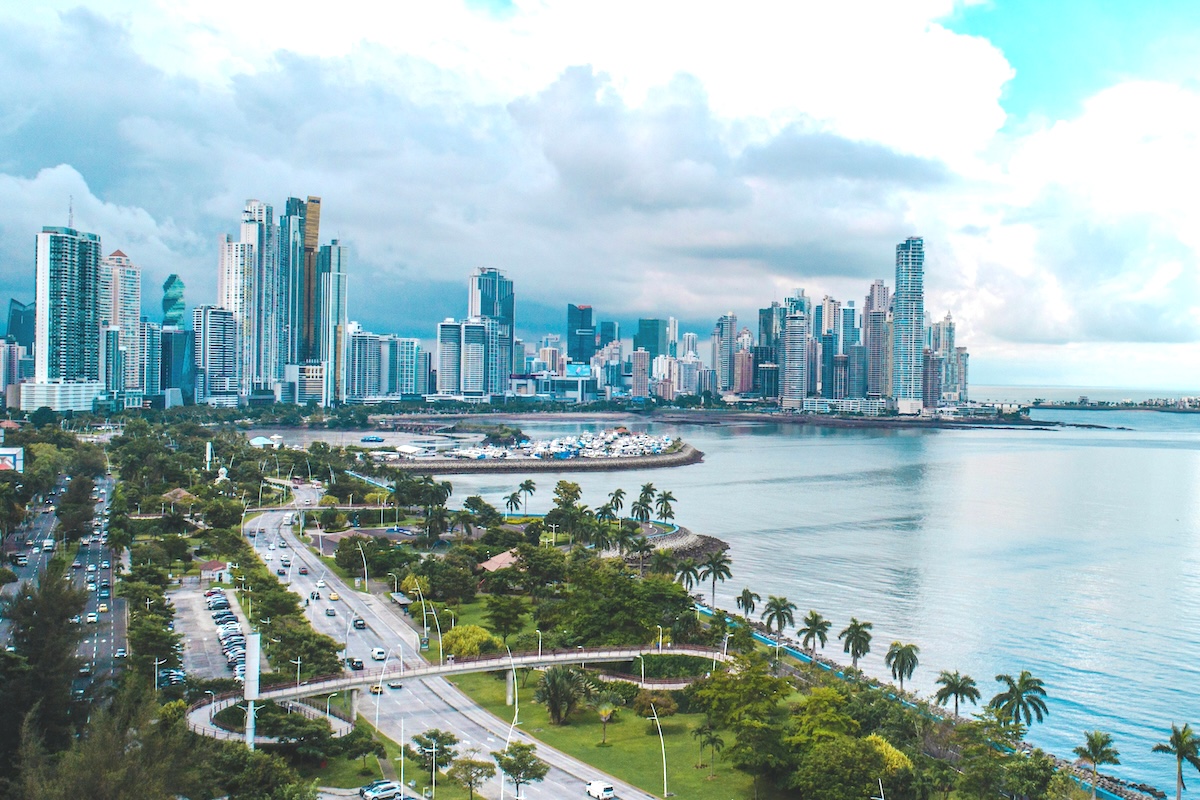Skift Take
In a shock announcement, the Australian State Victoria has pulled out of hosting the 2026 Commonwealth Games. This is a massive blow to a competition that doesn't seem to be profitable, and many believe no longer makes sense.
Premier of Victoria Daniel Andrews announced yesterday the Victorian State Government’s decision not to proceed with hosting the Commonwealth Games in 2026. This has left the competition in danger of being cancelled for the first time since World War II.
Andrews cited ballooning costs, now estimated to be more than $4 billion ($AUD 6 billion), possibly more than $4.7 billion ($AUD 7 billion), rather than the original estiamate of $1.8 billion ($AUD 2.6 billion). The projected financial return is according to Andrews much lower than that figure. He framed the decision as a no brainer and something that any responsible government should do.
“I’ve made a lot of difficult calls, a lot of difficult decisions in this job; this is not one of them. Frankly six to seven billion dollars ($AUD) for a 12-day sporting event; we are not doing that,” said Andrews.
Response From the Organizers
The organizers, Commonwealth Sport, said it was given only eight hours of notice of the Victoria Government’s decision. Its official statement reflects disappointment in the decisions and blames the ballooning costs on Victoria’s decision to host a decentralized version of the games.
“Since awarding Victoria the Games, the Government has made decisions to include more sports and an additional regional hub, and changed plans for venues, all of which have added considerable expense.”
Commonwealth Sport also highlight that the costs quotes by Andrews were 50% higher than those discussed at a board meeting in June.
The costs of pulling out of hosting duties and the price of work and resources already carried out is not clear at this point.
Impact on Victoria as a Global Sporting Hub
Victoria and its capital Melbourne have promoted themselves as a global sporting hub, hosting several annual major sporting events. These include the Victorian Spring Racing Carnival, The Formula 1® Australian Grand Prix, MotoGP™ Australian Motorcycle Grand Prix, and the Australian Open. It was crowned the SportBusiness Ultimate Sport City of the Decade in 2016.
The Victorian State Government says it will invest $1.4 billion ($AUD 2 billion) to deliver all the legacy benefits that it expected hosting the Commonwealth Games would bring, but without the hosting costs. It has released plans to build stadiums, housing and other facilities, as well as promote sports at the grassroots level at five of the areas that were planned to host the various sports.
There was no official stance on any private investors that have invested in equipment or resources linked to the Commonwealth Games.
The impact on the destination will not be known for a long time. Australia is still working rebuilding its complex events pipeline after a Covid lockdown that laster longer than most other countries. The relative lack of media coverage points to this being less of an issue than Andrews’ political adversaries have suggested.
Who Will Host the Next Commonwealth Games?
Other destinations may jump in and take on hosting responsibilities, although other Australian states have already taken themselves out of contention. South Australia’s Premier Peter Malinauskas rejected the possibility of the state taking over from Victoria.
New Zealand has also confirmed it won’t be hosting the competition.
The timeline is tough, with host cities normally announced seven years in advance. Victoria was only announced as the host in April 2022, giving it just four years to prepare.
Birmingham was originally selected to host the 2026 edition but had their hosting duties moved forward to 2022. This decision was made after Durban, South Africa, hit financial troubles and missed a series of deadlines. Durban was meant to be the first African city to host the competition after being selected as hosts in 2017.
There appears to be some interest from the UK, perhaps as a last ditch attempt to save a legacy of the British Empire. London Mayor Sadiq Khan has said the city will support a submission for the 2026 event, but the decision needs to be made by central government.
Andy Street, Mayor of West Midlands used Twitter to encourage other UK regions to consider bidding, based on Birmingham’s positive experience of hosting last year. This despite questions being raised about the effective legacy of the games.
Political Implications
“Thanks Dan” trended on Twitter, suggest public opinion was in favor of this decisions. Athletes however, are naturally against the decision, with many voicing their anger across Australia new networks. After all the Commonwealth Games was a major competition, particularly for Australian and English athletes.
In general, support seems to fall along political lines with the right of center politicians vocally against the decision, and highlighting other expensive projects that the Victoria state government is backing including the Melbourne’s contentious Suburban Rail Loop.
This edition of the games was conceived to used several hubs located across the state including Geelong, Bendigo, Ballarat, Shepparton and Gippsland. This design was meant to spread the legacy benefits across cities other than state capital Melbourne. Andrews’ futher announcements of investment in these regions are ment to guarantee benefits will still be felt there.
Commonwealth Games in Demise?
The Commonwealth Games, originally named the British Empire Games, is a sporting event that takes place every four years. It is similar to the Olympic Games, on a much smaller scale, with participants limited to members of the Commonwealth. In practice, most events are dominated by Australia, England and Canada. Australia has hosted the competition a record six times, most recently in 2018 in the Gold Coast. Melbourn hosted the completion in 2006.
Hosting the Commonwealth Games does not seem to be a priority. High costs have been cited for many cities withdrawing bids late in the process. Some are questioning the value of the games and suggest they should be scrapped. Others see regional competions as a natural replacement for legacy competions based on historical alegiance.
Photo credit: Stephen Margo / Unsplash





